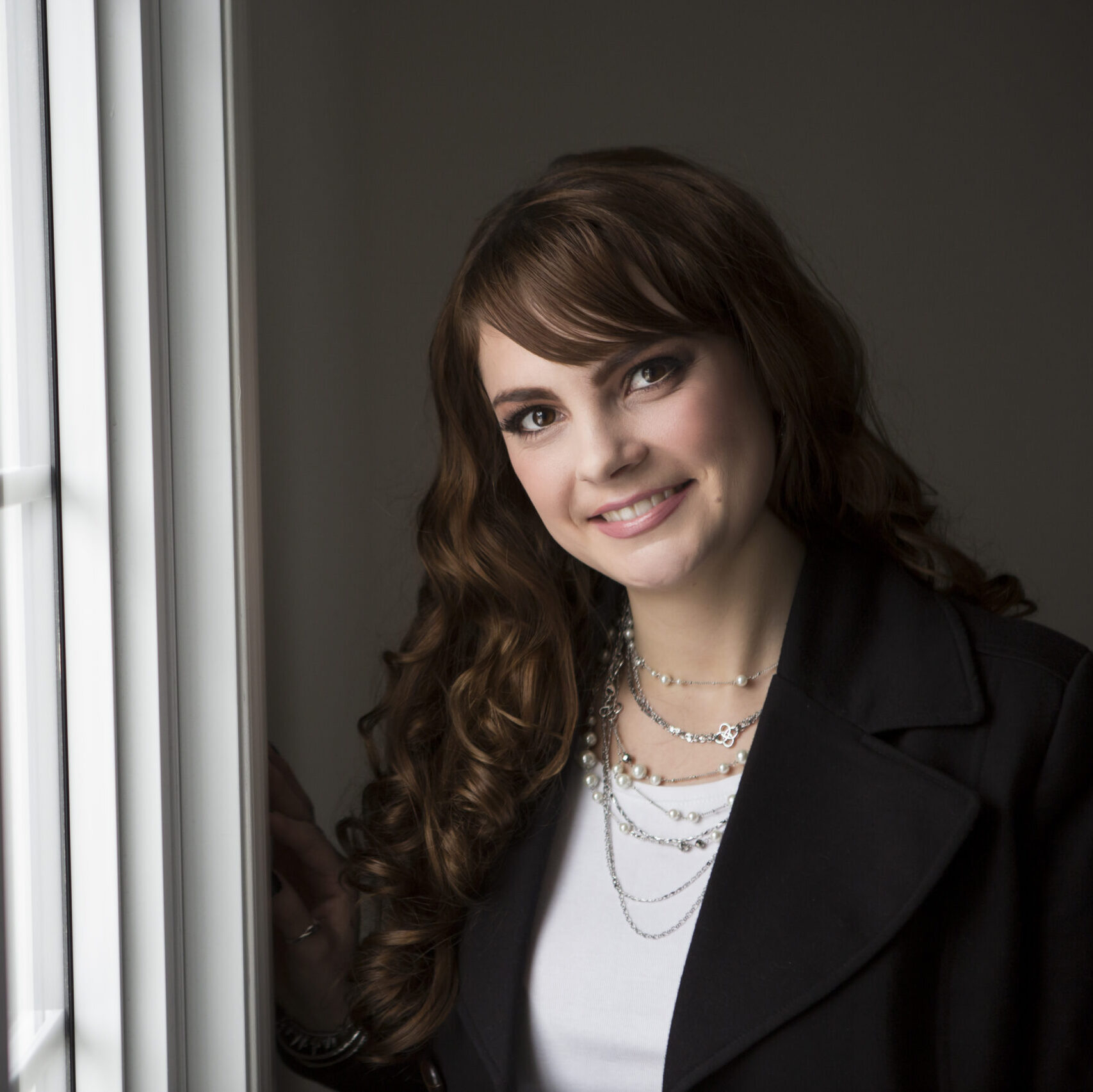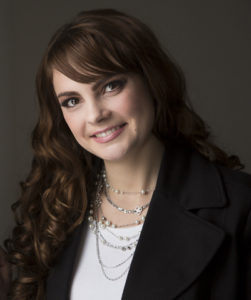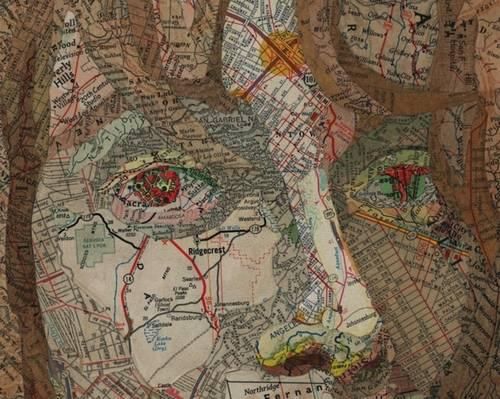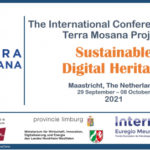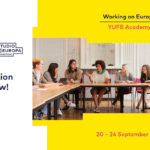Learnings from a Laboratory Conference on Cultural Hybridity
Cultural Identities in a Global World: Reframing Cultural Hybridity
A Laboratory Conference
Hosted by the International Graduate Centre for the Study of Culture, Justus Liebig University Giessen, Germany
This week I attended a 3-day “Laboratory Conference” on the topic of cultural hybridity and identities in a globalised world. The conceptualisation of a laboratory conference might be new to many academic disciplines (I think) because I have not heard of this idea in media and communications, computer science, digital humanities, or economics (as my Studio Europa Maastricht colleagues informed me so this post is partially for them).
Since it is a rather novel approach to academic conferences, especially in pandemic times when it was delivered online, I thought I would share some useful insights I gained from this very intriguing and enriching conference. I will give here a special shout out to the wonderful organisers, Clara Verri and Laura Popa at Justus Liebig University Gießen, Germany!
The Concept of a Laboratory Conference
From what I understood, the laboratory conference is intended as a safe space where academics can discuss their unfolding work, engagement with a case study, or a theoretical concept rather than present fully-completed work that cannot benefit from a group conversation on it.
The Participant Workload
Prior to the conference, the organisers requested that we send (1) any creative format of submission of our work-progress that we would like to share, and (2) a PPT for the day-of presentation if we so choose to use one.
I chose to submit:
- a blog post that introduces my postdoctoral research focus and includes a video presentation of this as I did for the FEM-UM and Pint of Science event
- the “Digital Place-making” curated links page on this website, which showcases multiple examples from around the world about this emerging concept which I was going to present on during the laboratory conference because these media-heavy experiences are very difficult to demo on video call presentations
- A PPT outlining some of the preliminary research findings from the last 4.5 months of research I’ve conducted during my postdoc
Other participants chose to submit: posters, short papers with many images, essays, links to websites and PPT slides. These materials were sent out 3 working days (5 days including the weekend) prior to the conference so that participants could review the content prior to the online discussions of the works. The 296 page PDF is a valuable resource for conference participants so that:
- they can re-read contributions after the conference;
- they have the person’s contact details and be able to follow-up with them post-conference;
- it serves as a reminder and a ‘time capsule’ of the work and conceptual thinking at the time of the conference, which is important for cultural studies as I learned (during the conference) experiences many “turns” in philosophical thinking/approaches;
- it is advantageous to have a working drafts rather than finalised conference proceedings because participants can share less-developed work in more creative formats and participants have access it when they need it rather than waiting 3-9 months for the academic publication process to be completed. This allows participants to truly get peer feedback before submitting to journals or book publishers!
The conference organisers particularly encouraged participants to take a close look at the other presenters in your respective panel, which made a lot of sense as the topics were very well matched with my research. The amount of strategic planning on behalf of the organisers was evident and commendable.
My Personal Takeaways from the Digital Laboratory Conference
Day 1: Digitised Culture, Hybridity, & the Economy
The Conference opened with a “World Cafe” where participants got the opportunity to turn their video and audio on to briefly introduce themselves. This was a nice ice breaker that was facilities by volunteers writing information to the organisers’ questions posed on a padlet.com webpage that was shared in the chat.
New concepts from cultural studies I learned about were: “transculturation” and “cultural transduction”
Cultural studies scholars have their own disciplinary conventions, some of which are very impressive such as: the depth of research, analyses and expertise; the quality of their writing; ability to connect with each other based on foundational understanding of the same terminology; and significant temporal “turns” in scholarly thinking.
I definitely observed that even though scholars really were from all over the globe (namely Europe, South America, India, and Asia), they were easily able to engage with each other due to their disciplinary connections and this made me appreciate this strong advantage of being a mostly mono-disciplinary scholar. So even though the discipline was focused, the participants were truly diverse and the topics covered hybridity in global cultures.
Day 2: ‘Otherness’ and Cultural Transformations
Some of the presenters had thought provoking techniques I have not observed before and it inspired me to think about how I can translate their ideas in my own teaching in a different discipline.
Another unexpected learning moment was when a senior professor who was moderating/chairing prevented a potentially negative debate between two scholars from taking place. This was done immediately and eloquently so that the conference programme could stay on time. I think in an online environment, this was a great move, but from an academic perspective, I was curious to see how the two scholars would have debated their different points of view, preferably in a respectful and intellectually stimulating rather than negative manner.
Day 3: Migration and Hybrid Identities
The most learnings and interaction took place today! The first panel was dedicated to studies of hybridity and identity in the context of heritage so it was very enlightening for my current research on these topics. My previous findings from the Virtual Panel on “Stories from the Border” were re-confirmed in another case study on the German-Polish border and it is very interesting to see similar, yet different, cultural themes and societal implications happening in other European border regions.
Other cultural themes that were discussed were food, multilingualism, and provocative art installations. I took advantage of asking a few questions of the extremely informative laboratory debate leader, which is something I am rarely brave enough to do! Doris Bachmann-Medick generated a very fruitful discussion, after her opening speech, in the first Laboratory Debate of the day. The group commented and discussed the economic aspects of cultural production and the impacts on people’s understanding of cultural hybridity. I also created a new reading list of recommended books!
The second part of the laboratory debates also ended up in an interesting discussion on many cultural studies concepts, whether they are applicable, in which cases, and which concepts need to be fe-defined. This is the first experience I’ve had at a conference where multiple participants engaged in a philosophical discussion, which is what I think scholarship should be about and often fails to achieve in conference settings.
The conference ended with a sort of ’round-table reflection’ called a “Farewell Cafe” on what each participant took away from the conference and sharing ideas for their own future work or potential collaborations with the group in future. Again this reinforces the productive method of scholarly interaction that occurred using this conference format.
Cultural and Disciplinary Norms I Observed
Many cultural studies scholars tend to prepare a full paper in advance of a conference and read it word-for-word along with a powerpoint with visuals and key points. As a media scholar, reading papers does not add much value to oral presentations because written text and oral speech have different communication affordances. This is a personal and media-focused opinion, but I noticed that it does impact my ability to follow the presenter’s thoughts and arguments when they read they rather than speak to the audience about them. Furthermore, academic writing is very different than natural speech but the advantages of reading a paper is apparent from the ability to carefully select word, arguments and could be helpful for non-native English speakers. A few presenters chose to “freestyle” with no PPT or prepared paper and I found this worked very well for an online conference format, especially a laboratory conference.
Impressively attendees from USA, Colombia, India and beyond all attended regardless of the hour of day, which demonstrated the high interest in the conference topic across the world! In Germany, it is common practice to wait up to 15 minutes for late arrivals (as per the organisers) so a few sessions started 15 minutes late (by Canadian cultural norms).
A small note on the use of Webex as a video conference platform for future online event organisers. I am quite familiar with Webex myself and it is advantageous that when users share their screen that it does not take-over the audiences’ desktop to full screen. However, the disadvantages were that many participants were new to the platform and did not turn off the auditory notifications when a new participant joins so there was constant “beeping” notifications throughout the day and I noticed other participants found it difficult to find the action buttons (e.g., chat, screen-share, etc.) due to their unfamiliarity with Webex. I note these reflections in this blog post since many conferences are still taking place online and this information could be informative for decision-making purposes.
Overall, it was a very enlightening conference and it felt like a “crash course” in cultural studies on the topic of hybridity, which is exactly what I needed for the current research. Since I work using a transdiciplinary approach, attending conference in other disciplines inspires my work immensely. I miss in-person conferences, I would have loved to have one-on-one “coffee break chats” with many of the presenters. COVID-19 be gone!
